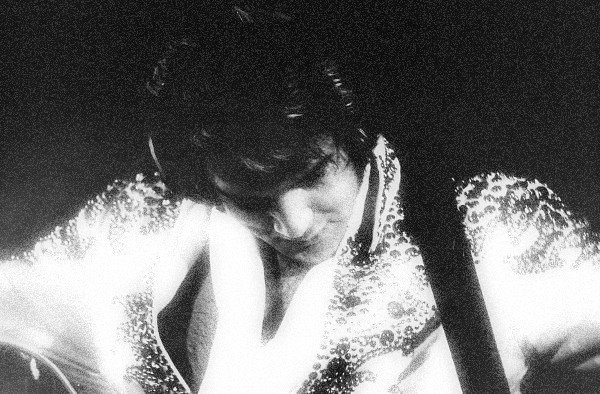

 Benjamin Franklin
Benjamin Franklin William Willett
William WillettDaylight Saving Time
(DST; also, summer time in British English; is the convention of advancing clocks so that afternoons have more daylight and mornings have less. Typically clocks are adjusted forward one hour near the start of spring and are adjusted backward in autumn. Modern DST was first proposed in 1907 by the English builder William Willett. Many countries have used it since then; details vary by location and change occasionally.
The practice is controversial. Adding daylight to afternoons benefits retailing, sports, and other activities that exploit sunlight after working hours but causes problems for farming, entertainment and other occupations tied to the sun. Traffic fatalities are reduced when there is extra afternoon daylight; its effect on health and crime is less clear. Although an early goal of DST was to reduce evening usage of incandescent lighting, formerly a primary use of electricity, modern heating and cooling usage patterns greatly differ, and research about how DST currently affects energy use is limited and often contradictory.
DST's occasional clock shifts present other challenges. They complicate timekeeping and can disrupt meetings, travel, billing, recordkeeping, medical devices, and heavy equipment. Many computer-based systems can adjust their clocks automatically, but this can be limited and error-prone, particularly when DST rules change.
The practice is controversial. Adding daylight to afternoons benefits retailing, sports, and other activities that exploit sunlight after working hours but causes problems for farming, entertainment and other occupations tied to the sun. Traffic fatalities are reduced when there is extra afternoon daylight; its effect on health and crime is less clear. Although an early goal of DST was to reduce evening usage of incandescent lighting, formerly a primary use of electricity, modern heating and cooling usage patterns greatly differ, and research about how DST currently affects energy use is limited and often contradictory.
DST's occasional clock shifts present other challenges. They complicate timekeeping and can disrupt meetings, travel, billing, recordkeeping, medical devices, and heavy equipment. Many computer-based systems can adjust their clocks automatically, but this can be limited and error-prone, particularly when DST rules change.
Origin
Although not punctual in the modern sense, ancient civilizations adjusted daily schedules to the sun more flexibly than modern DST does, often dividing daylight into twelve equal hours regardless of day length, so that each daylight hour was longer during summer. For example, Roman water clocks had different scales for different months of the year: at Rome's latitude the third hour from sunrise, hora tertia, started by modern standards at 09:02 solar time and lasted 44 minutes at the winter solstice, but at the summer solstice it started at 06:58 and lasted 75 minutes. After ancient times, equal-length civil hours eventually supplanted unequal, so civil time no longer varies by season. Unequal hours are still used in a few traditional settings, such as some Mount Athos monasteries.
Benjamin Franklin suggested firing cannons at sunrise to waken Parisians.
During his time as an American envoy to France, Benjamin Franklin, author of the proverb, "Early to bed, and early to rise, makes a man healthy, wealthy and wise", anonymously published a letter suggesting that Parisians economize on candles by rising earlier to use morning sunlight. This 1784 satire proposed taxing shutters, rationing candles, and waking the public by ringing church bells and firing cannons at sunrise. Franklin did not propose DST; like ancient Rome, 18th-century Europe did not keep accurate schedules. However, this soon changed as rail and communication networks came to require a standardization of time unknown in Franklin's day.
The prominent English builder and outdoorsman William Willett conceived DST in 1905 during a pre-breakfast ride, when he observed with dismay how many Londoners slept through a large part of a summer day. An avid golfer, he also disliked cutting short his round at dusk. His solution was to advance the clock during the summer months, a proposal he published two years later. He lobbied unsuccessfully for the proposal until his death in 1915. Germany, its World War I allies, and their occupied zones were the first European nations to use Willett's invention, starting April 30, 1916. Britain, most of its allies, and many European neutrals soon followed suit. Russia and a few other countries waited until the next year; and the United States adopted it in 1918. Since then, the world has seen many enactments, adjustments, and repeals.
Get READY!. Set your clocks forward one hour this Sunday, March 7, 2009 at 2:00 AM.
SPRING FORWARD!





%5B1%5D.jpg)








No comments:
Post a Comment